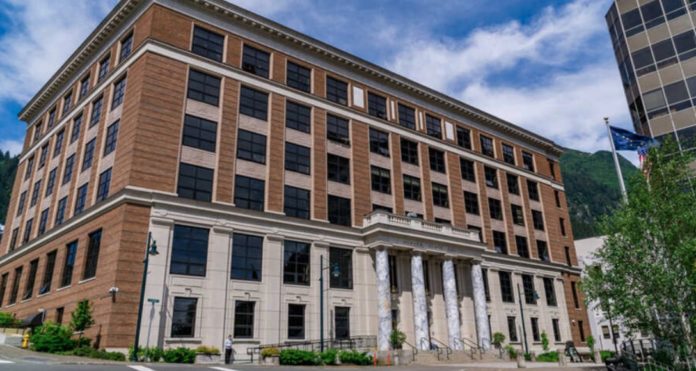Before ConocoPhillips has even had a chance to get out from under the latest environmental lawsuit over the Willow Project, the Alaska Senate has a plan to tax it at a new level.
SB 114 changes oil production tax calculations, reduces the per-barrel tax credit, closes a loophole that now benefits Hilcorp, and ring fences the Willow Project, limiting the developer’s ability to deduct its capital expenditures against its production tax from other fields.
That’s a big deal, according to those in the business. In addition, there may be other “Easter eggs” in the bill, which also is going to be a big shift for Hilcorp.
It was drafted by oil company foe Sen. Bill Wielechowski, and it has no fiscal note. It was also not sent to Senate Resources, which would have put Sen. Cathy Giessel in an untenable position for her next reelection campaign. Giessel, in the past, has not favored unreasonable oil taxes.
The bill may also be more about pushing the House to not go for a full Permanent Fund dividend. There is also a possibility that Wielechowski did not draft the bill in the manner his colleagues had requested.
ConocoPhillips has not made its investment decision yet on Willow. It first has to get through what it hopes will be the final environmental lawsuit.
